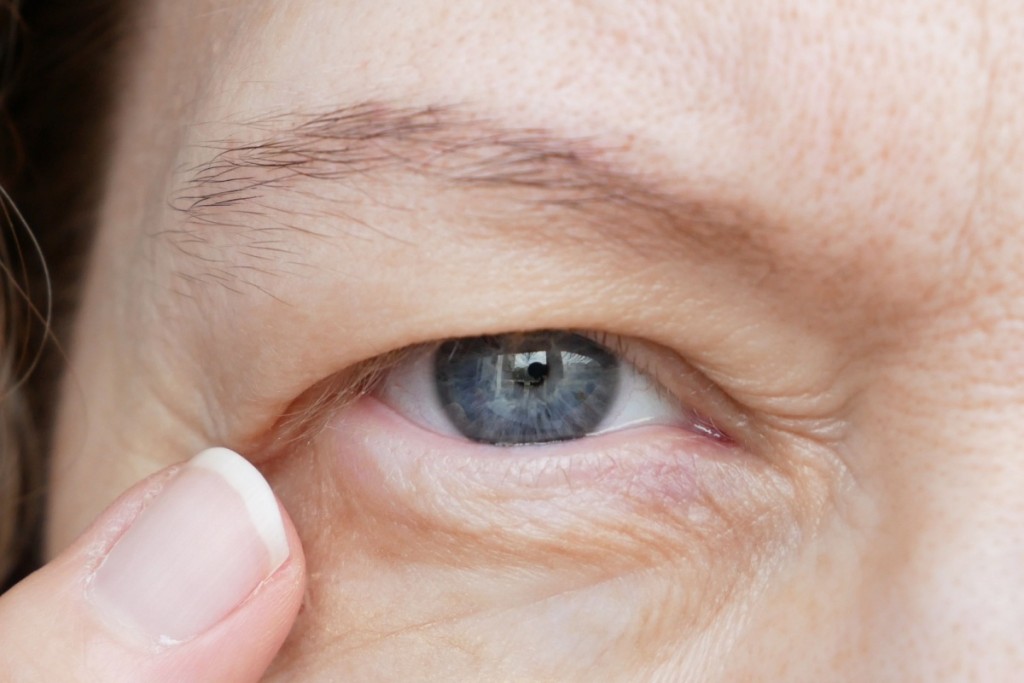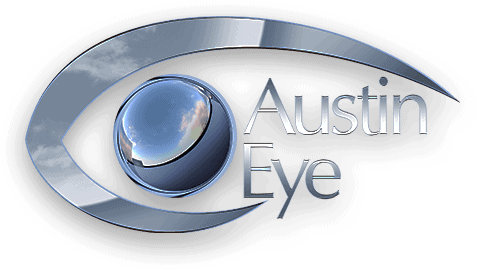
Cataracts are a common eye condition that can impact vision and overall quality of life, especially as we age. If you’re beginning to notice changes in your vision, it’s worth considering whether cataracts may be the cause. While a professional diagnosis is always necessary, you can start by asking yourself some key questions to determine if it’s time to visit an eye specialist.
Are You Experiencing Cloudy or Blurry Vision?
One of the hallmark symptoms of cataracts is clouded, blurred, or dimmed vision. This can make it difficult to see clearly, especially in low-light settings. If you’ve noticed that your eyesight seems foggy, it may be due to cataracts forming on the lens of your eye.
Do Colors Seem Dull or Faded?
Cataracts often affect how you perceive color. Vibrant hues may appear muted or less distinct than they used to. This shift in color perception happens because the cataract blocks or distorts the light that reaches your retina, which is responsible for processing color.
Are You More Sensitive to Light or Glare?
Increased sensitivity to light, particularly bright sunlight or indoor lighting, can be a sign of cataracts. You may also notice halos around lights, which can make night driving especially challenging. If you find yourself squinting or feeling discomfort due to light sensitivity, this could indicate cataract development.
Do You Need Brighter Lights for Reading or Other Activities?
As cataracts progress, it can become increasingly difficult to see in dim lighting. If you find yourself needing brighter lights to perform tasks like reading or sewing, this could be another signal that your vision is being affected by cataracts.
Have You Noticed Frequent Changes in Your Prescription?
If you’ve had to update your eyeglass or contact lens prescription more often than usual, cataracts may be the underlying cause. Cataracts can lead to frequent changes in your vision, and relying on updated prescriptions alone won’t resolve the issue long-term.
Are You Experiencing Double Vision in One Eye?
Double vision, especially when it occurs in just one eye, can sometimes be caused by cataracts. Unlike the usual double vision that affects both eyes, this symptom persists even when the other eye is closed.
Time to Take Action
If you’ve answered “yes” to any of these questions, it may be time to schedule an eye examination. Early diagnosis and treatment of cataracts can help preserve your vision and prevent further complications. At Austin Eye Clinic, our experienced team is here to provide comprehensive eye care, from diagnosis to treatment options, including cataract surgery.
Don’t wait until cataracts significantly affect your day-to-day activities. Contact us today to schedule a consultation and get on the path to clearer vision.







